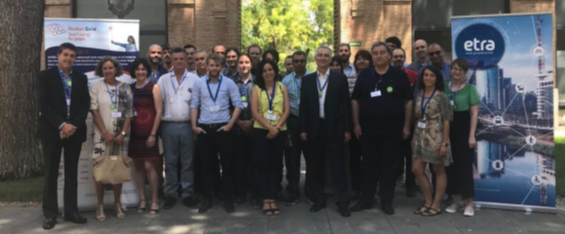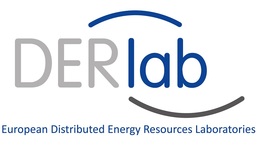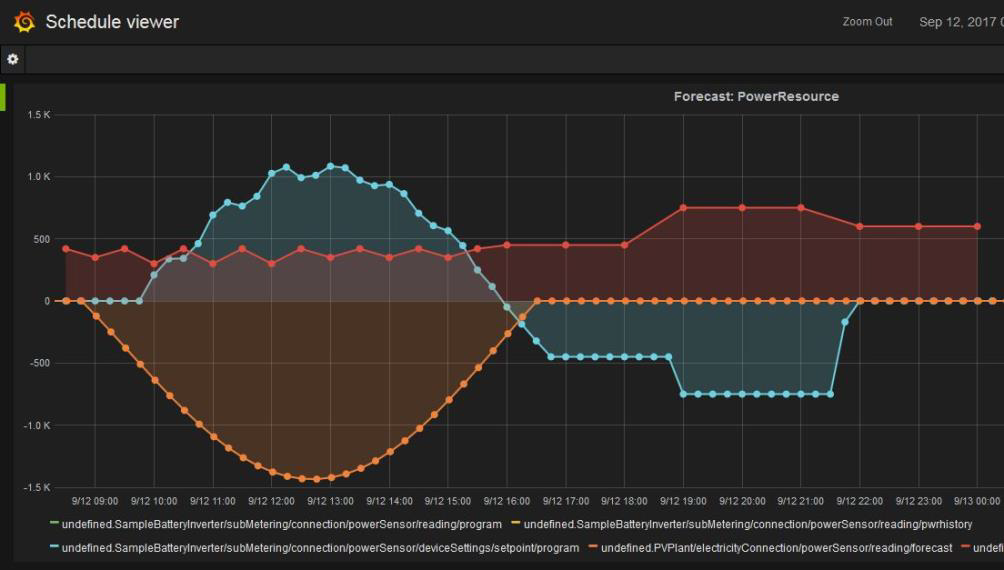The NOBEL GRID project – that span over the last three and a half years – presented its concluding results and next steps to the public during its final event, which took place in an open session at the Valencian Institute of Business Competitiveness (IVACE) on 25 July 2018. NOBEL GRID’s aim was to provide advanced tools and ICT services to the Smart Grid and retail electricity market in order to ensure benefits from lower prices, more secure and stable grids and clean electricity.

The project consortium included 24 partners from eleven European countries, including grid operators, research institutions, SMEs and renewable energy cooperatives. Led by the Spanish ETRA group, the consortium developed an infrastructure based on three fundamental software components.
With this, energy consumers with controllable loads and prosumers with renewable generators can be cost efficiently integrated into smart grids.
The developed software tools are designed to be used by energy providers, aggregators, distribution system operators, and end customers. With the prototypical realization, it was demonstrated that complex smart grid functions can be implemented as modular software components if a standardized, universal and flexible infrastructure is available. The results from NOBEL GRID were demonstrated at five pilot test sites in Spain, England, Belgium, Greece and Italy.
You can find further information in the original press release here.

